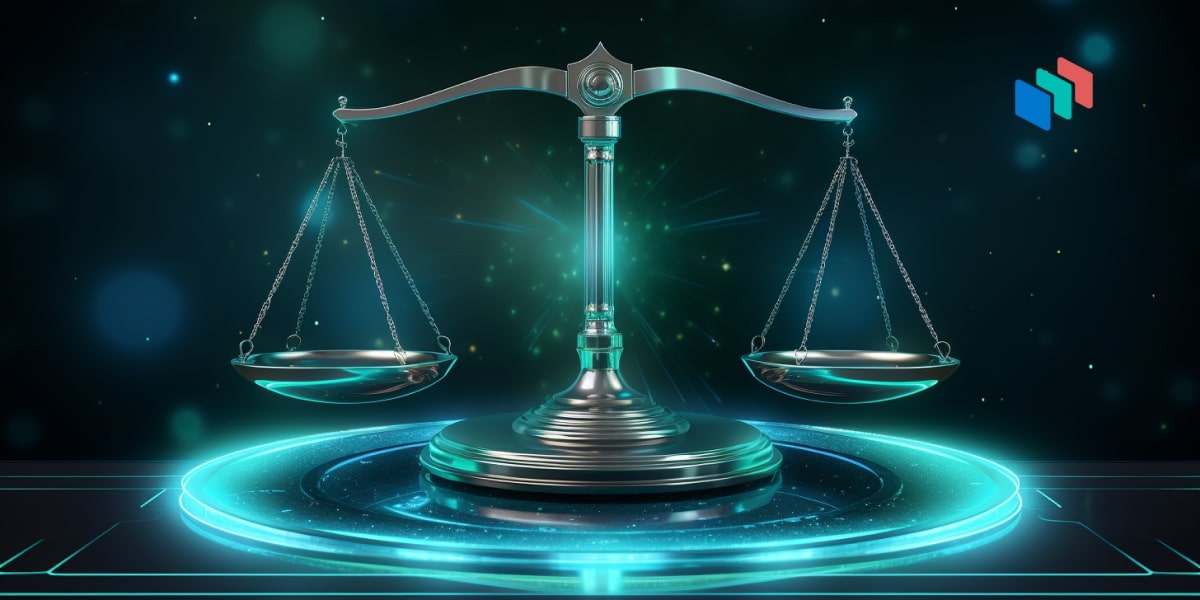What Does Chat Slang Mean?
Chat slang is a specific kind of colloquial or informal language that’s used in the context of new technologies. People use chat slang in instant messaging, in chat rooms, in emails, in social media posts, or in other forms of digital communication.
Chat slang is also known as chat lingo.
Techopedia Explains Chat Slang
Chat slang involves several categories. The major category of chat slang includes a large number of abbreviations that express different ideas using short combinations of keyboard entries or individual ASCII characters. Abbreviations like IDK (“I don’t know”), LOL (“laugh out loud”) and BRB (“be right back”) are classic examples of this type of chat slang. A subcategory of chat slang adds numbers or other characters for interpretive value; “L8r” (later) and “Gr8” (great) are examples.
In addition, there are spelled out words that may also be part of chat slang. For instance, one of the traditional terms that has entered the English lexicon is the word “newbie” or “noob” to signify someone who is a neophyte or uninitiated in a certain kind of technology. Other kinds of chat slang involve ASCII character art or visual emoticons that help to show emotion in digital communications.
All of these forms of chat slang have become a major point of interest for linguists and others charting the evolution of human language. There is a consensus that the emergence of new technologies has significantly changed language in the 21st century, and that in general, human users are conforming in some ways to the limitations and demands of digital technologies in terms of what they say and how they speak.





